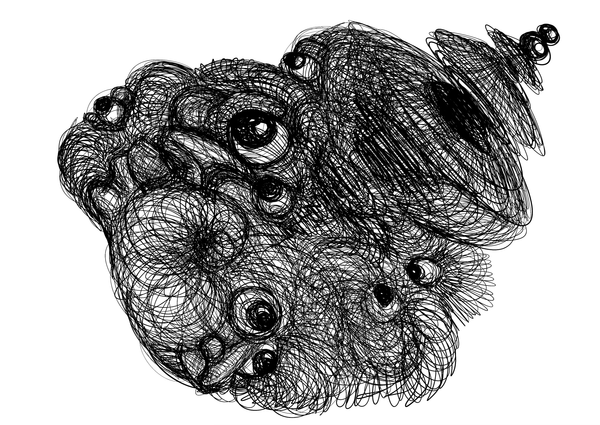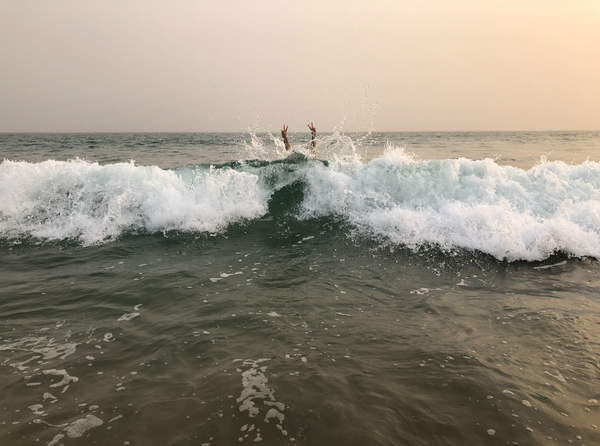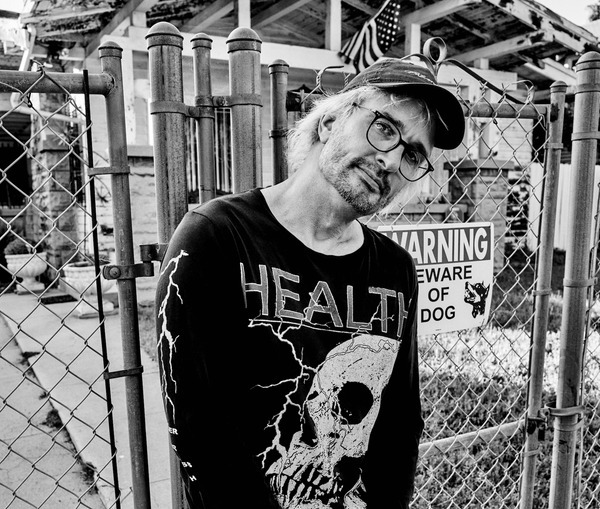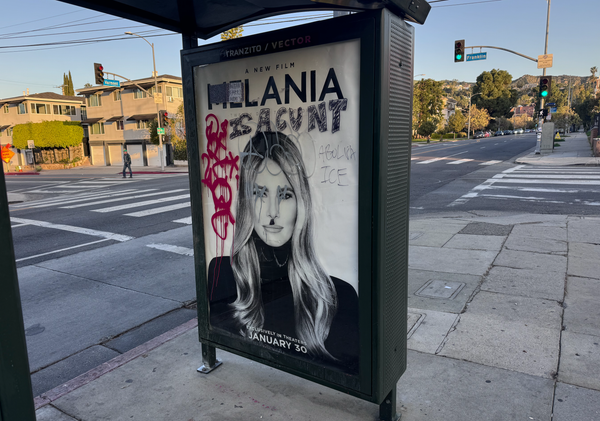YouTube's Biggest Star "Mr Beast" Has Made a Massive Turd
Why is Amazon Prime's "Beast Games" so boring?
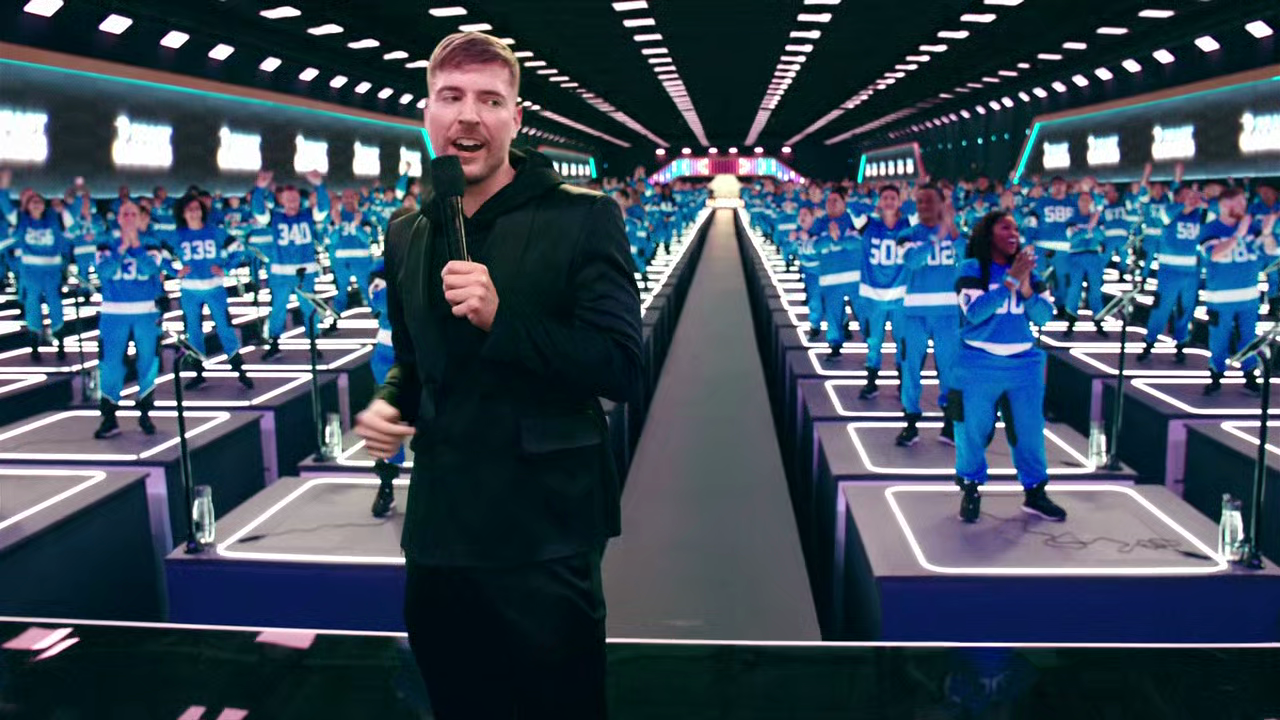
Hi,
Webworm has been pretty heavy this year — mainly because the world is pretty heavy. But as we sprint (or limp, you choose) through the final days of 2024, I wanted to keep Webworm a little lighter.
So today I wanted to look at one of the biggest and weirdest elements of pop culture that entered the conversation this year: Mr Beast’s Beast Games.
Mr Beast (real name James Donaldson) is the biggest YouTuber on the planet, with around 330 million subscribers. He is 26 years, and thanks to various product deals brings in over $700 million a year. As he’s gotten richer, his YouTube videos have increasingly focussed on him giving away more and more money, all in the service of more views.
If you’ve never watched a Mr Beast video, I think this video supercut of Mr Beast saying increasingly large amount of money for 1 hour and 5 minutes accurately portrays his overall vibe:
The most charitable reading of Mr Beast would be, “What is wrong with this very rich man giving money away?! Remember that time he paid for 1000 people to have their cataracts removed?”
Others would rebut with two words that are hard to avoid when watching nearly anything Mr Beast makes: “Charity porn.”
I was curious what would happen when Amazon — a place known for huge profits and exploiting workers — gave him a TV show which would see 1000 people competing for a massive prize of $5 million dollars.
It’s my personal opinion that Mr Beast is an ethical black hole, so I wasn’t exactly surprised when contestants sued him and Amazon citing “mistreatment, inadequate compensation and serious emotional distress including suffering, anguish, fright and horror.” One could be forgiven for thinking the contestants had landed in McKamey Manor by mistake (I’d know, I went).
So of course when the show arrived recently, I did the ethically dubious thing of watching an episode on Amazon Prime (see my previous Webworm: No Matter What I Do, Everything I Do Is Bad).
I hated it.
I really hated it.
I wished suffering, anguish, fright and horror upon Mr Beast and his insufferable grinning YouTube colleagues that litter the show.
Like his videos — the scale of the thing is huge. They clearly spent so much money on this thing. But what I walked away with, and what really surprised me, is just how boring the whole thing was.
I like to think I am not a complete dummy when it comes to making TV. Dark Tourist did OK on Netflix back in 2018, and my docs seem to get watched.
But I struggled to put in words why this was so bad.
And so I turned to my Tickled co-director Dylan Reeve for an explanation. I like Dylan’s brain, plus he has the added benefit of having both edited, post-directed, and starred in reality TV himself.
So — here is Dylan on Mr Beast’s Beast Games.
David.
Beast Games Is So Fucking… Boring
by Dylan Reeve
A friend of mine recently tweeted about Amazon’s mega reality show, Beast Games, and it wasn’t exactly glowing praise…

My friend isn’t alone in his assessment – The Guardian’s review of the show calls it “one of the most undignified spectacles ever shown on TV” right in the headline.
And the general online response seems similarly unenthusiastic – Google’s audience summary shows it to be polarising at best, with response falling at only the extremes.

Now, in this case my friend was actually David…

…and he asked if I would like to elaborate on exactly what it is that has made this record-breaking reality TV show so… fucking boring.
But why me? Well we’re Facebook friends, so he can message me pretty easily whenever something like this pops into his head, but also because I have some fairly unique experience in reality TV.
I make reality TV. And, I was on reality TV. It’s not a common combination, but I certainly have some thoughts.
A year or two ago, I was one of “a group of complete strangers from across New Zealand” that made our way to Paul Henry’s mysterious luxury lodge to take part in season 1 of The Traitors New Zealand. And twenty years ago, my first job in television was at Touchdown Television, a legendary local production company specialising in reality TV, and more recently I’ve worked as a Post-Director and Post-Producer on a variety of reality shows, including Season 2 of The Traitors NZ!
And so, with all that out of the way – why is Beast Games so fucking… boring?
The answer is really simple… It’s not a reality show.
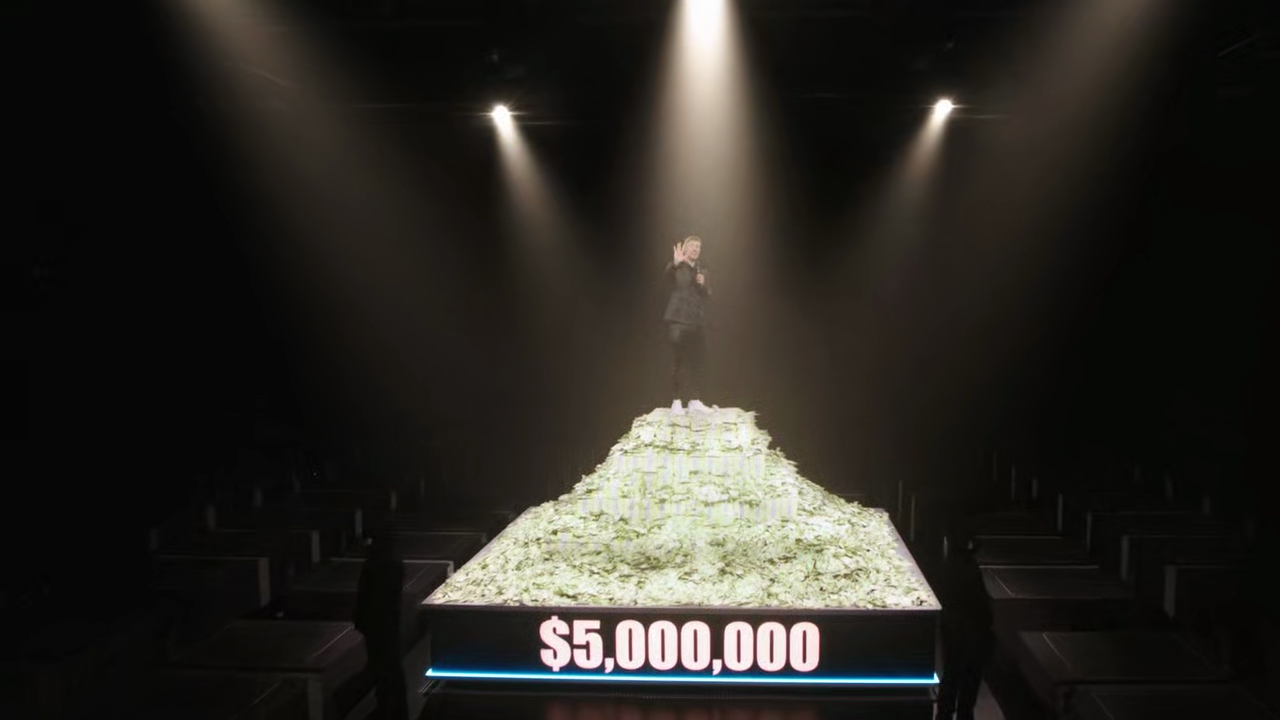
There are a whole range of small to medium level scandals around the show, but they’re sort of irrelevant to the boring-ness of it, so I won’t get into them. Also, let me go on record for a second here and say I don’t think any of the people tasked with executing this show technically have done a bad job – it looks and sounds great.
But… Amazon’s Beast Games is just a really big Mr Beast YouTube video. And that’s fine, but if you’re someone who enjoys (or likes to hate on) reality TV then it’s not going to scratch that itch.
However, before we can talk about what makes Beast Games not reality TV, let’s take a few moments to actually understand what reality TV is, and what it takes to make compelling reality TV. And before we can do that, let’s define reality TV for the purposes of this whole article.
The term “reality TV” has generally fallen out of favour within the realty TV industry. We prefer to say “unscripted television” and then within that group there are countless variations.
There are shows that follow people in their jobs (think Cops or Ice Road Truckers) which are often called follow-docs, or shows that take in all the activity at a work place (think Heathrow or Border Patrol) which are often called obs-docs (observational documentary), there are the docusoaps like The Jersey Shore and The Osbournes. And there are countless more subgenres and hybrids.
But what we’re calling “reality TV” here is the general category of competition reality like Survivor and The Traitors. You know, the shows where a group of players are competing for some sort of cash prize. If Beast Games is reality TV then it’s a competition reality show.
So what is the most important thing in this style of reality TV show?
The answer, you might assume, is “challenges” and “prize money” – indeed they are the memorable thing about competition reality. And maybe even the unique thing about this style. But they’re not the most important thing.
The most important thing in competition reality TV shows are the characters. They’re the most important thing, I’d argue, in all reality TV. Actually all TV. Hell, all television. All filmed entertainment. All entertainment even.
And that is the short answer about why Beast Games is, in the eyes of many, so fucking… boring.

The characters in Beast Games are Mr Beast and his friends. Shit, the sets themselves are characters even – they are massive, elaborately designed and often get a bigger introduction than any of the players.
Characters are such a significant part of reality TV that they are one of the first things focused on by parodies of the genre. The Joe Schmo Show, a 2003 pseudo-reality show where only one player was actually real (that’s just been rebooted by TBS), featured characters such as Brian, “The Buddy” and Earl, “The Veteran” because the character-first casting of popular reality shows tended to surface these common archetypes.
Even today you can often identify the mix of characters that have been chosen by a show’s producers to improve their odds of drama and excitement as their show plays out.
But in the first episode of Beast Games we see 500 players eliminated but learn nothing about any of them. There’s no interviews, they don’t even get the familiar lower third name key that is a trademark of reality TV.
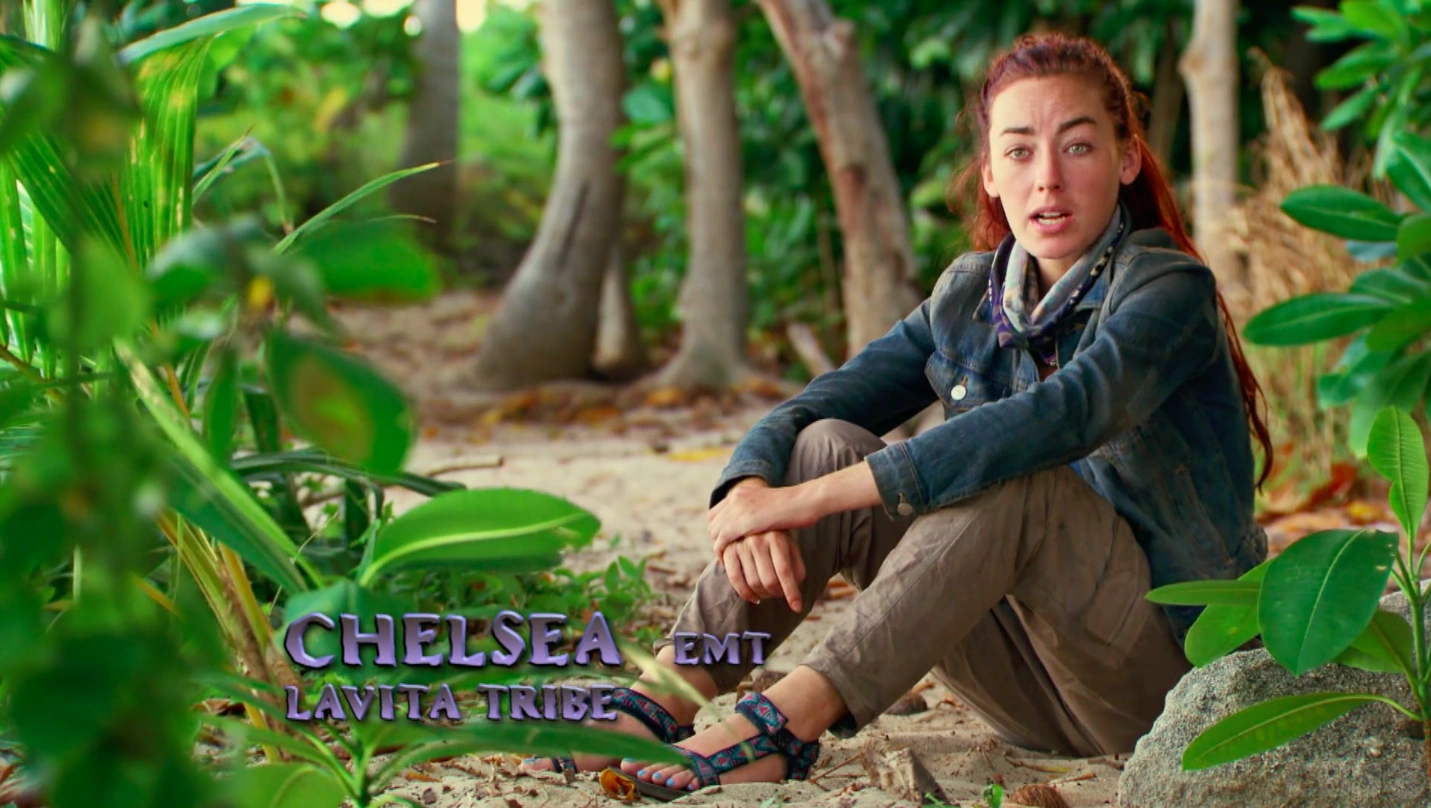
For fans of Mr Beast – and there are a lot of them, he has more than 330 million YouTube subscribers – this isn’t a problem. This is what they are used to.
But if you’re used to watching what has been the standard fare of reality TV for the past few decades, this probably isn’t really that appealing.
It also wasn’t a surprise to me. We’ve actually had a pretty good example of the Beast vs. TV comparison before. Three years ago Mr Beast released “$456,000 Squid Game In Real Life!” an unauthorised real-life version of the wildly popular Netflix series Squid Game.
Mr Beast’s version of the games was technically impressive and a big spectacle with a massive budget (reportedly $3.5 million for the single 25 minute video). But it also had no real characters beyond the Beast crew.
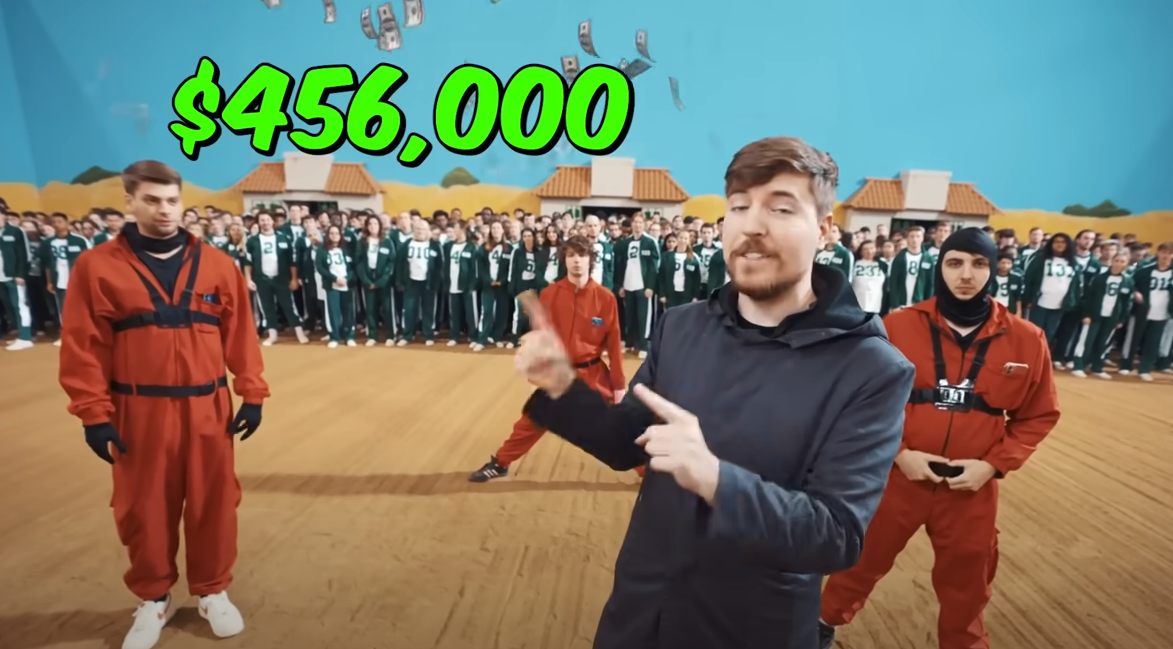
Almost exactly two years after Mr. Beast’s video hit YouTube, the official Netflix reality show adaptation, Squid Game: The Challenge, premiered on the streaming platform. Produced by Studio Lambert, the production company behind the US and UK version of The Traitors, the series delivered what Beast’s version lacked – strong characters and story that went beyond the challenges themselves.
Beast Games is a massive spectacle. One that has probably been crafted, predominantly, to appeal to the hundreds of millions of people who are already fans of the content he’s been making on YouTube for years – content that is basically the same as what’s unfolding in this Amazon series.
If you think the show is so fucking… boring, you’re probably not the demographic in the first place.
Feel free to share this Webworm with a friend - it helps spread the word!
And, I suspect, if Amazon had insisted the show adhere to the more traditional structure of reality TV, with character arcs, background interviews, confessional thought tracks and downtime between challenges, then the Beast audience would be just as bored as David was.
Maybe we need a new way to define what Beast Games is? Perhaps it’s a Competition Event Series?
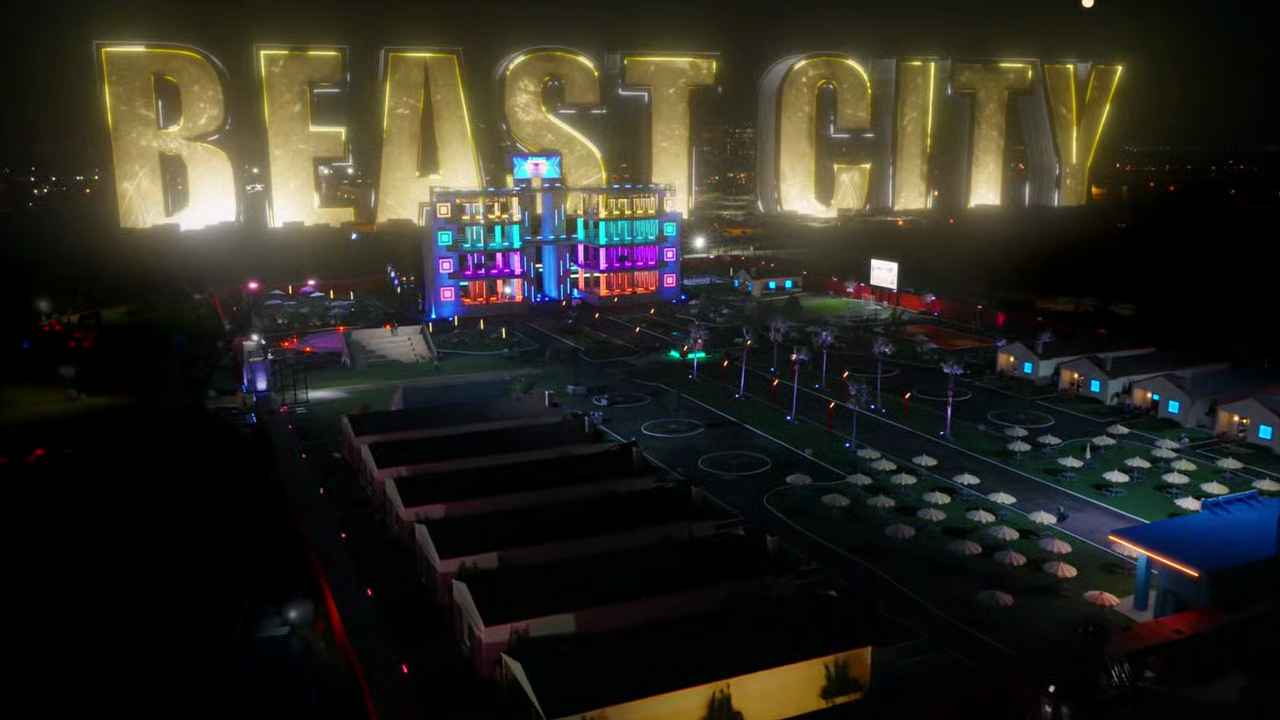
“Reality TV is Fake”
But let’s take a little step away from talking about Beast Games and actually look at what it takes to make reality TV.
Probably the most common comment I’ve heard about reality TV is that “it’s all fake” – the specifics of the accusation vary, but it seems to be widely accepted that reality TV is anything but real. And… that is true, but probably not the way most people think.
“They’re told what to say” or “it’s all scripted” are frequent assertions, to which I’d tend to say “most people are shit actors”.
What you see people saying on most reality TV shows is probably what they said of their own accord. But it’s definitely not everything they said, and the environment and situation in which they said it is controlled. Generally no one is feeding lines or directions to reality show characters (especially not on competition reality, for a whole variety of legal reasons).
But everything is fake in the sense that the whole conceit of the show and situation is contrived and controlled by producers. The people in the situation are carefully chosen. And everyone involved is fully aware they are being filmed. It all creates a reality that fundamentally isn’t real.
However I still tend to argue that what you’re seeing on screen for an hour – a distillation of hours or days in the lives of potentially dozens of people – is at least representative of the reality of it all.
The job of a reality TV editor or post-director is to understand everything that took place during their episode (and a bit before and after) and make it make sense.
There are the purely objective aspects of the show – challenges, for example – where it’s simply necessary to unfold the action, the winners and losers. But then there are the narrative parts of the show – the story arcs from earlier episodes, the setup for things in later episodes, the conflict, the comradery, the personal struggle. All of that has to be laid out on screen too, through actuality (the footage of people interacting and things unfolding) and through interviews with the people at the centre of the stories.
It’s the interweaving of all these things that make for the most compelling reality shows. You think you’re watching Survivor to see who wins the challenges, but after a while you start fast forwarding through them because all you really want to see is the fall-out for the team that failed again.
As an editor and director I’ve honestly found this challenge to, at times, be one of the most rewarding ones in my professional work. Taking a complex arc of emotion, struggle and achievement you’ve watched a player undertake across hours and compressing it down into a few 2-3 minute beats within the broader progression of an episode in a way that lets the audience understand what’s going on… it’s difficult but thrilling.
Even the much maligned “frankengrab” (those little interview moments where you can’t see the person speaking, but you can hear the edits as their words are cut up) usually isn’t a suspect as it might seem.
As an editor you’ve watched an hour of someone’s day and seen them struggle with something, but you can’t get it all to play out in the show in a way that makes sense. You just need them to explain it to the audience, but maybe at the time they were interviewed the story producer wasn’t aware of what had happened, or didn’t know it would be as important as it was… or maybe they just went off on a tangent as they explained it all.
So you have to cut out some words and move some things around to have them explain clearly something true about their experience that can’t be included otherwise.
But to be fair, not all reality shows are the same, and there is no shortage of legitimate criticism around the way some shows treat their participants, and the ways in which the shows are manipulated. What I’m describing is an ideal, albeit one I believe is the case more often than not, especially in modern reality TV.
Above all else, the reality of reality TV is that you’re watching a massively condensed version of events. Sometimes dozens of cameras capturing a massive gaggle of participants for hours a day, all edited down to a 43-minute commercial hour of TV. You’re definitely not seeing it all. But hopefully you’re seeing a reasonable representation of what took place, with the focus on the more interesting stories and characters.
-Dylan Reeve
Putting it simply — it costs money to produce Webworm. It costs money to research and write, to get legal advice before publishing certain things, and to pay guest writers. I have zero investors here, and run zero ads. That is to say, if it doesn’t cause you financial hardship, and you haven’t already, I hope you’ll consider becoming a paid subscriber.

